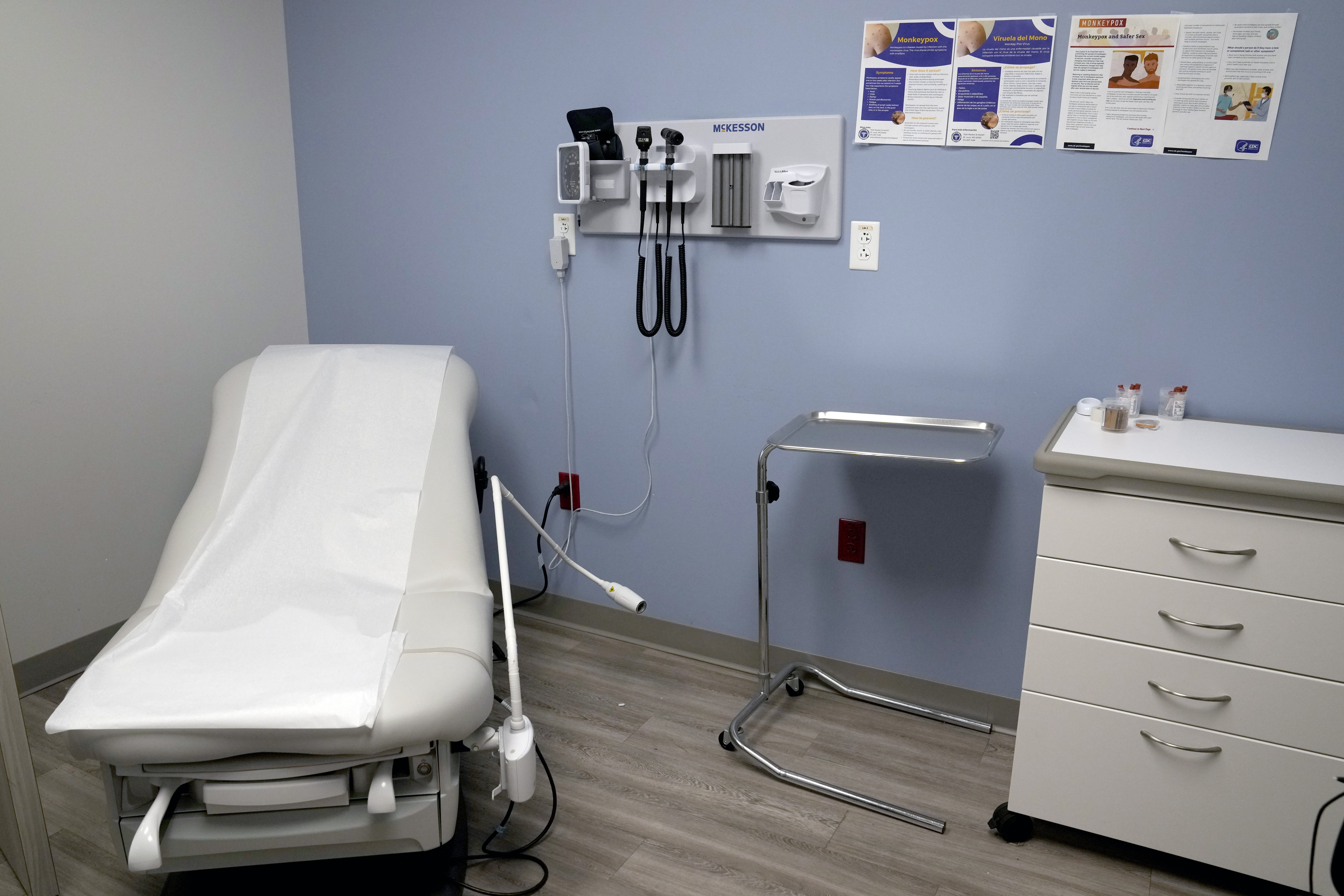White millennials are divided on whether they think President Donald Trump is racist, an opinion held by overwhelming majorities of their minority counterparts, a new poll revealed Tuesday.
And while all millennials agree that African-Americans experience the most racial discrimination, young whites are also split down almost the exact same lines on whether they think discrimination against whites is as much of a problem as discrimination against blacks and other minorities.
A GenForward poll released Tuesday showed almost two-thirds of 18-to-30 year-old Americans questioned — or 63 percent — said they believe the president is a racist when asked by pollsters. Thirty-six percent said they didn't think Trump was a racist.
White millennials were the only ones divided on the question, with 51 percent saying they think Trump is racist and 48 percent saying the president is not. Millennials of color overwhelmingly believe Trump is racist, with 82 percent of African-Americans, 78 percent of Latinos and 74 percent of Asian-Americans saying they believe he is racist.
Trump has said "racism is evil" and has denied being a racist.
The president was criticized in early August for saying that both white nationalists and counterprotesters were responsible for the violent clashes at a white nationalist rally in Charlottesville, Virginia. One counterprotester was killed and two state troopers died when their helicopter crashed.
Millennials are members of the generation born from the early 1980s to the late '90s. They also are referred to as Generation Y.
U.S. & World
"The largest and most diverse generation is heralded for its tolerance, but our data reveal wide gulfs between white millennials and their peers of color on issues of race and racism," said Cathy Cohen, a professor at the University of Chicago and the GenForward founder.
The clash in Charlottesville began after the city announced plans to remove a statue of Confederate Gen. Robert E. Lee. White millennials were the only group in the poll who don't want Confederate statues and symbols taken down.
Sixty-two percent of white millennials oppose efforts to remove Confederate statues and symbols from public places such as government buildings and parks. Large majorities of blacks and Asians, however, support removing Confederate imagery and names at 73 and 66 percent, and 55 percent of Latinos said they would support the removal.
Majorities of millennials of color also believe the Confederate flag is a symbol of racism — blacks at 83 percent, Asian at 71 percent and Latinos at 65 percent. Fifty-five percent of whites call the Confederate flag a symbol of Southern pride while 43 percent said it was more a symbol of racism.
All millennials agreed that racism is one of the top three problems faced in the United States — blacks followed it with health care and police brutality while whites led with health care and climate change, and racism was tied with terrorism. Asians and Latinos both ranked racism as the second most important problem, with Latinos ranking immigration higher and health care lower and Asian millennials ranking health care higher and education lower.
All millennials also agreed that African-Americans face the most discrimination in the United States, but white millennials were also divided on whether they think discrimination against whites is as much of a problem as discrimination against minorities. Fifty-one percent disagreed on the idea that white discrimination is a problem while and 48 percent agreed that it is a problem as much as discrimination is for blacks.
The GenForward national survey of 1,816 adults age 18-30 was conducted Aug. 31-Sept. 16 using a sample drawn from the probability-based GenForward panel and was conducted by the University of Chicago. It is designed to be representative of the young adult population but pays special attention to the voices of people of color, highlighting how race and ethnicity shape the opinions of a new generation.
The margin of sampling error for all respondents is plus or minus 3.8 percentage points.



